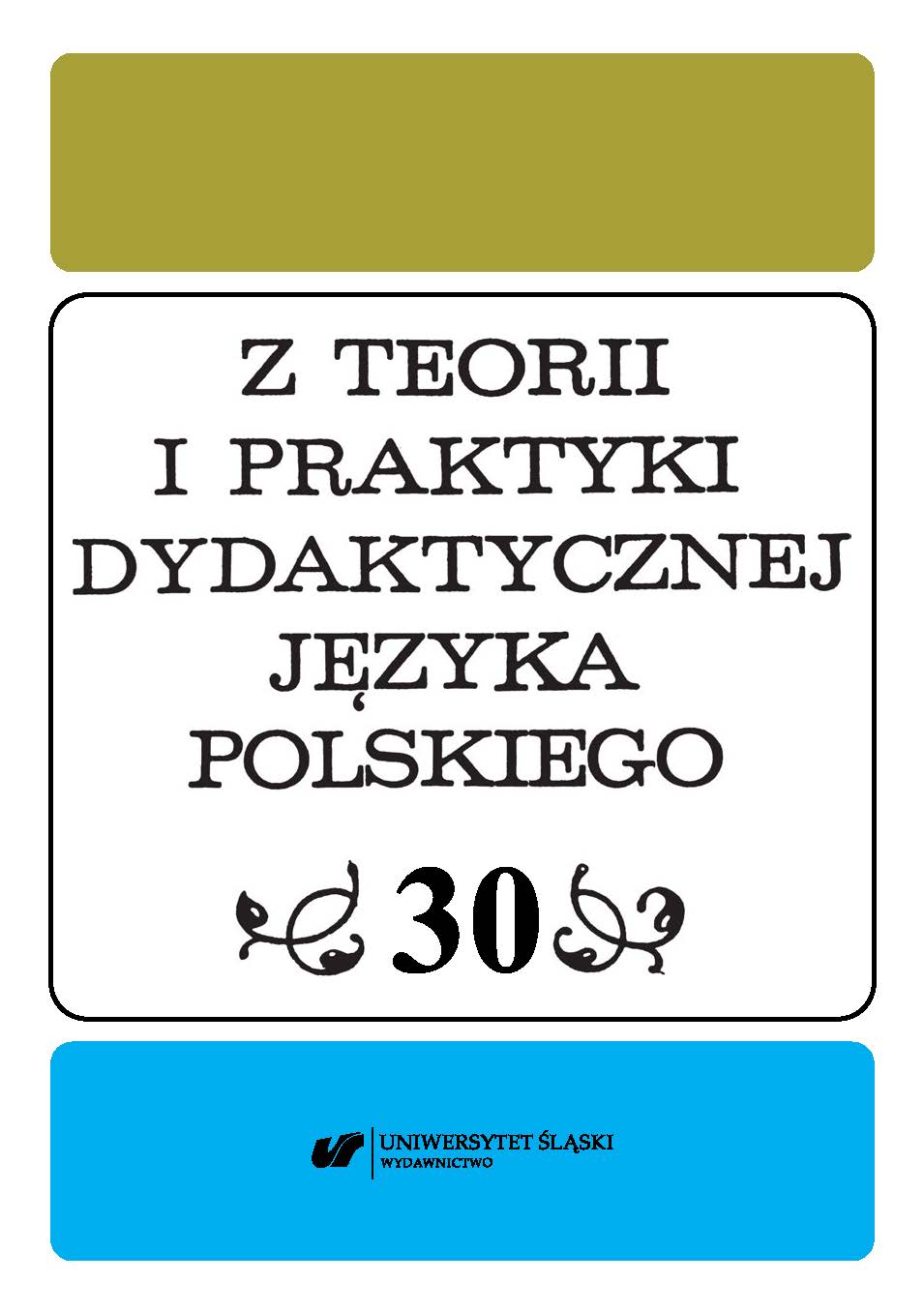Tokarczuk dla wszystkich. Adaptacja tekstu prozatorskiego do nauczania języka polskiego jako obcego na niższych poziomach zaawansowania
Tokarczuk for everyone. How to adapt literary texts in teaching Polish as a foreign language to low-level students
Author(s): Elżbieta KoziołkiewiczSubject(s): Language and Literature Studies
Published by: Wydawnictwo Uniwersytetu Śląskiego
Keywords: adaptation; Olga Tokarczuk; Polish literature as foreign literature; low-level students learning Polish as a foreign language; teaching materials; Polish language pedagogy
Summary/Abstract: Elżbieta Koziołkiewicz’s aim in this article is to examine methods of including prose fiction in lessons of Polish as a foreign language offered to low-level students (up to B1 level). In the first part, Koziołkiewicz reviews available didactic materials and theoretical publications devoted to the topic of literature in foreign language teaching. On this basis, she formulates some general rules as regards the criteria for selecting literary texts, namely: the need to use contemporary fiction that is potentially accessible thanks to the inclusion of universal themes and, as far as possible, realities. She goes on to stress the need to adapt the original texts and puts her discussion in the context of other research articles dedicated to this issue. The second part of the article has been devised as a practical guide to adaptation. The text chosen as a sample in this case study is the short story “Pasażer” (“The Passenger”) by Olga Tokarczuk, published in the collection Opowiadania bizarne. Koziołkiewicz shows how the scope of interferences can be limited to necessary changes and highlights the use of internationalisms and synonyms. She points to the benefits of using multiple simplified versions of an original text in class.
Journal: Z Teorii i Praktyki Dydaktycznej Języka Polskiego
- Issue Year: 2021
- Issue No: 30
- Page Range: 46-63
- Page Count: 19
- Language: Polish

